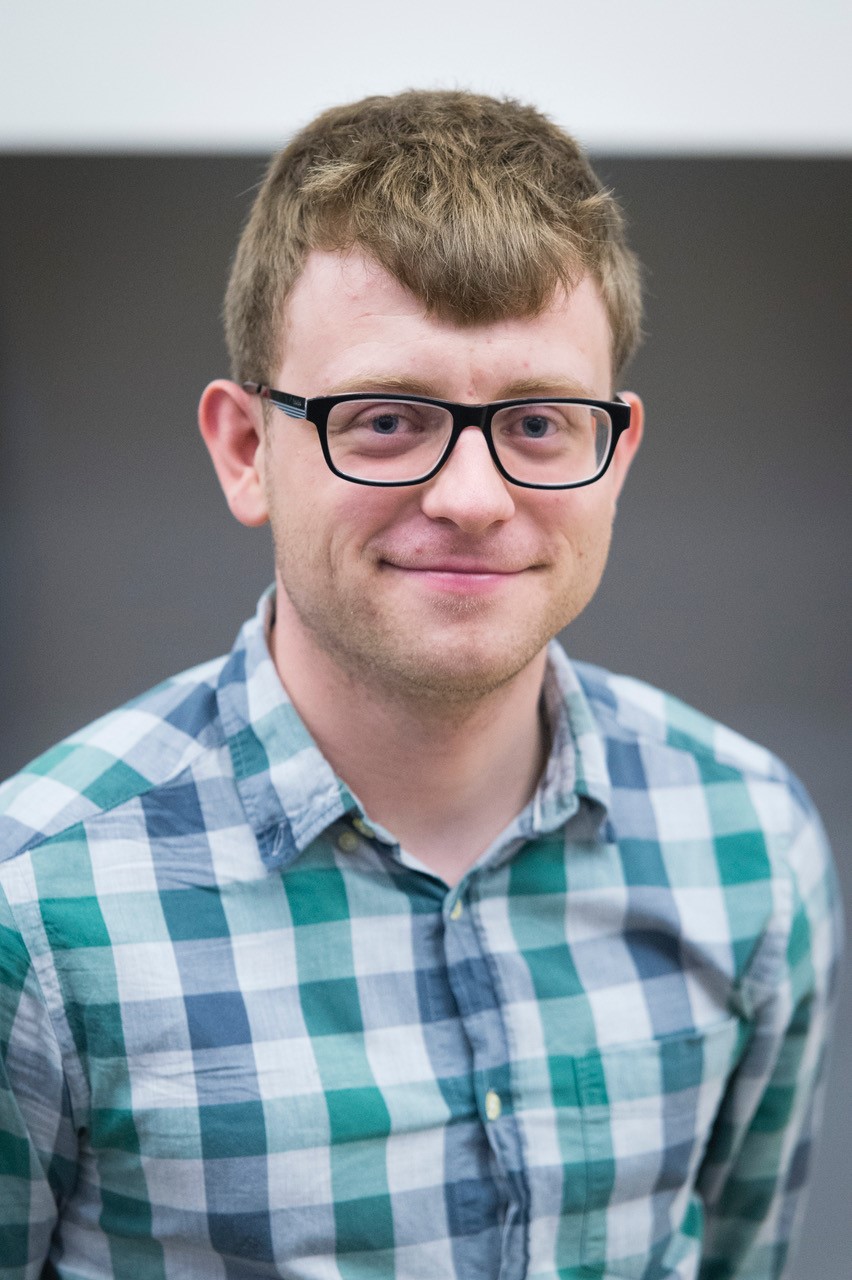Edward Mills (@edward_mills) is a Postdoctoral Research Associate in the Department of Modern Languages and Cultures, working on the AHRC-funded ‘Learning French in Medieval England’ project. He completed his PhD at the University of Exeter in 2020, where he was an active member of the PGR community.
Regular readers of this blog will likely already be familiar with the range of workshops, and webinars that the Researcher Development and Research Culture team offers to PGRs. During the pandemic, a number of PGRs have been working with Researcher Development to add an asynchronous element to this suite of offerings, and have put together a wide range of resources for the Researcher Development ELE page on all aspects of the doctoral experience. These range from advice on working with your supervisors specific tips for writing journal articles; and as I write this, ten of these resources are available, with more to follow in the near future. All of these resources are built around the principle of being ‘by PGRs, for PGRs’; that is, they draw on our own experiences to ensure that they are as relevant and precise as possible. While (much to my surprise) I’m no longer a PGR myself, I have been delighted to be able to be involved with the project in a related capacity, and one that also draws on my own experiences: over the past few months, I’ve produced a virtual ‘workbook’ on the topic of the viva.
The resources will soon go live on the Doctoral College’s ELE site, and I’m really pleased with how they turned out. In putting my resources together, I tried very hard not to reinvent the wheel: since the viva’s such an established part of any research degree journey, there’s an enormous amount of fairly generic advice out there that can be found with even a cursory Google search, which didn’t need repeating in another format. Instead, I decided to focus in on the multimedia potential of resources on ELE, and chose to structure much of the resource around interviews with three experienced supervisors and examiners, interviewed by a recent ‘viva survivor’. Each of these academics — Bice Maiguaschca, in Politics, Jon Blount, in CLES, and Michelle Bolduc, from Modern Languages and Cultures — was incredibly generous with their time, and the end result is three fascinating conversations that really illuminate the more commonly-overlooked aspects of the end-of-thesis period. Is it possible to pass a viva if your examiners disagree with you? Does publising extracts of your thesis prior to the viva render you ‘intouchable’? How can you best handle in-viva nerves? Answers to all of these questions, and more, await your ears, and are available both as excerpts scattered throughout the the resource and as full episodes three episodes of Kelly Louise Preece’s podcast, R, D, and the In-Betweens.
I really hope that you find the resources useful, and that the podcasts make for interesting listening. As ever, feedback is more than welcome, so please don’t hesitate to get in touch if you have any questions, comments, or musings on all things viva-related!

